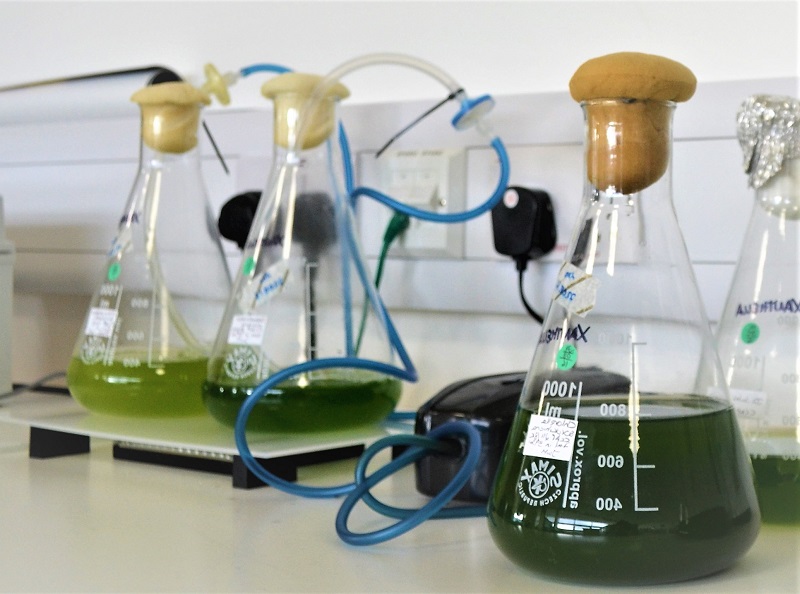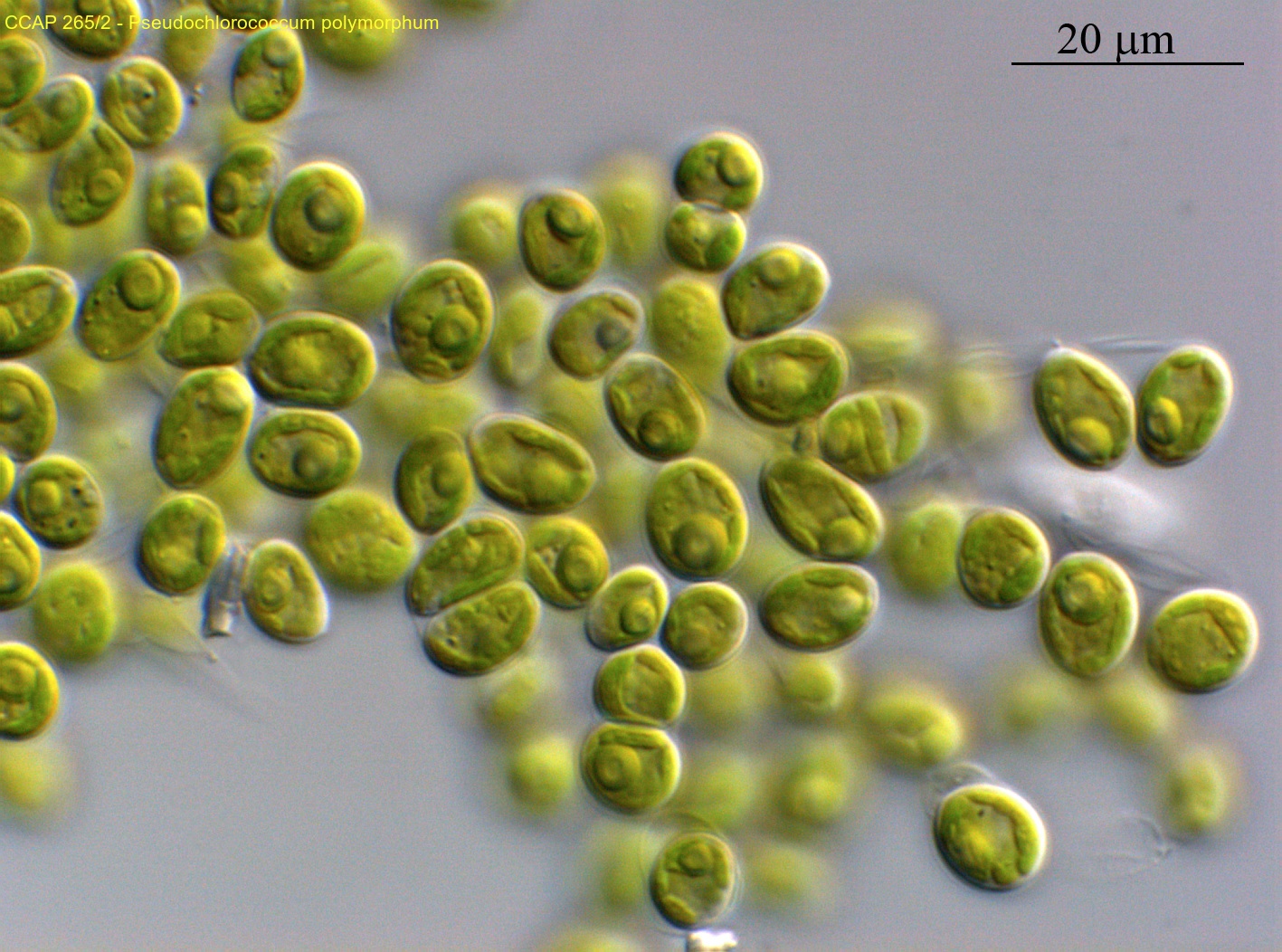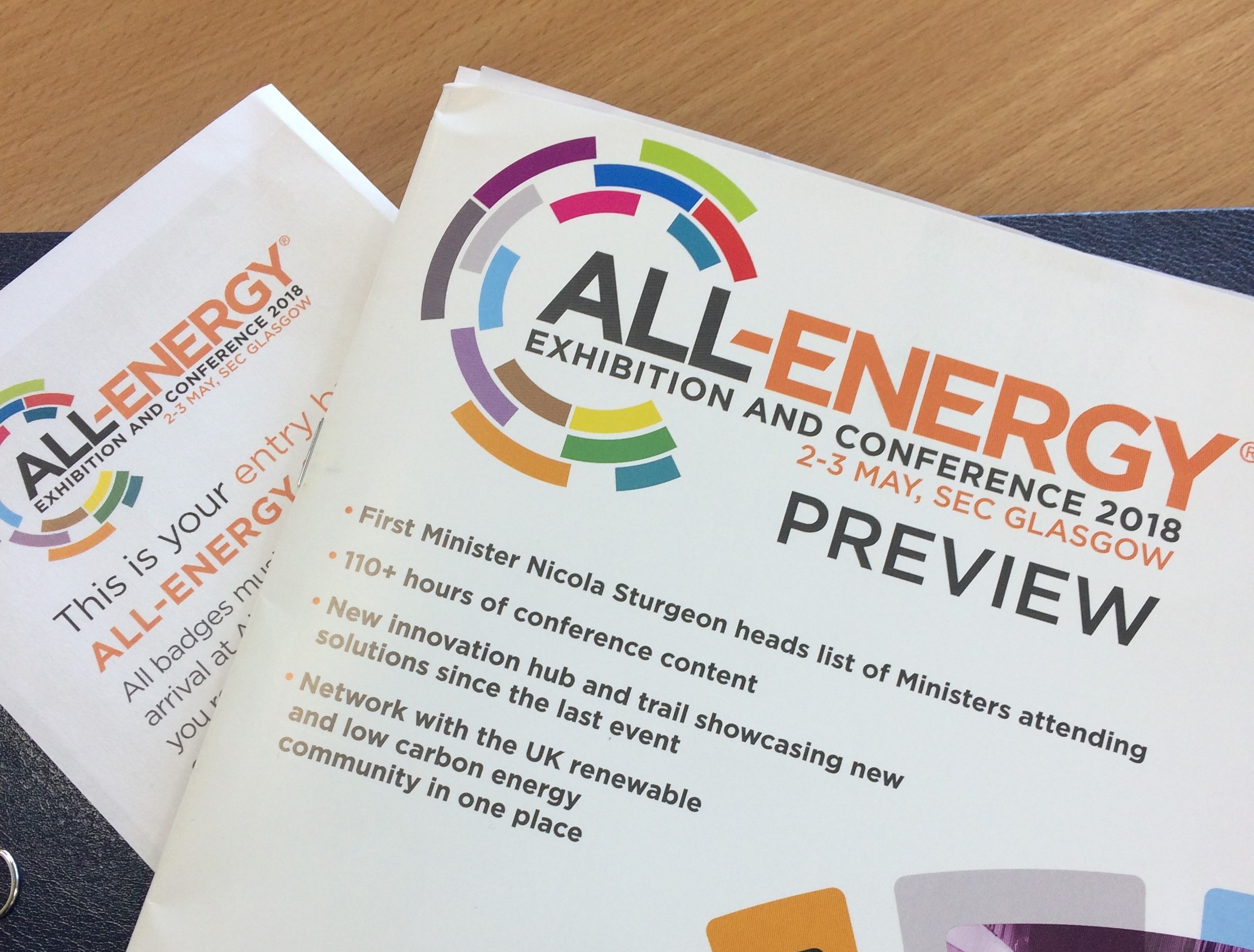
Microscopic algae could hold the answer to the pothole nightmare that is blighting our roads.
A French collaborative programme, Algoroute, has been examining the production of bio-bitumen from algae. Using a process called hydrothermal liquefaction (pressurised water), waste algae is transformed into black, viscous bio-bitumen. The thick liquid has very similar characteristics to fossil-fuel based bitumen used on the roads.
The properties of the algal bio-bitumen suggest it could be an alternative for traditional bitumen used to bind aggregate on the roads and may be the future, creating “green” roads. Experimental trials and cost evaluations are being undertaken and further information will be available soon.
Watch this space… 
For more details click here

ExxonMobil continues to fund a wide range of research into next generation biofuels, which includes the potential of algae. The work forms part of their ongoing examination of new technologies that will increase energy supplies, company efficiency and reduce carbon emissions.
Over the last 40 years algae have been widely studied as a feedstock for biofuel, as many species produce large quantities of storage oil products. The oil can be chemically modified to give a bio-diesel of similar composition to current transport diesel fuel. Cultivating algae has many benefits, including reducing green house gas emissions by direct incorporation of carbon dioxide; potentially higher yields of biofuel compared to other feedstocks and algal crops do not compete with food production for land or water.
ExxonMobil have a number of research collaborations focusing on algae-based biofuels and other non-food based feedstocks for biofuel with: Synthetic Genomics, Inc. (SGI), Colorado School of Mines and Michigan State; Renewable Energy Group (REG) and the University of Wisconsin.
Read more details of the research and development programme.

A new Algae Agricultural Act has been introduced to congress in the United States. The bill will give algal farmers the same advantages as farmers of traditional crops. The legislation reflects an increasing recognition of the potential of algae as an extremely useful agricultural crop for future food, feedstocks and the energy sector.
Read the full article

We’re looking forward to attending ALL-Energy this week
2nd and 3rd May at the SEC in Glasgow.
Drop in and say hello, we’ll be at
Stand Number HIE49
in the HIEnergy Pavillion.
Join the conversation @ASLEEproject16
#AllEnergy18 #abplacetob






